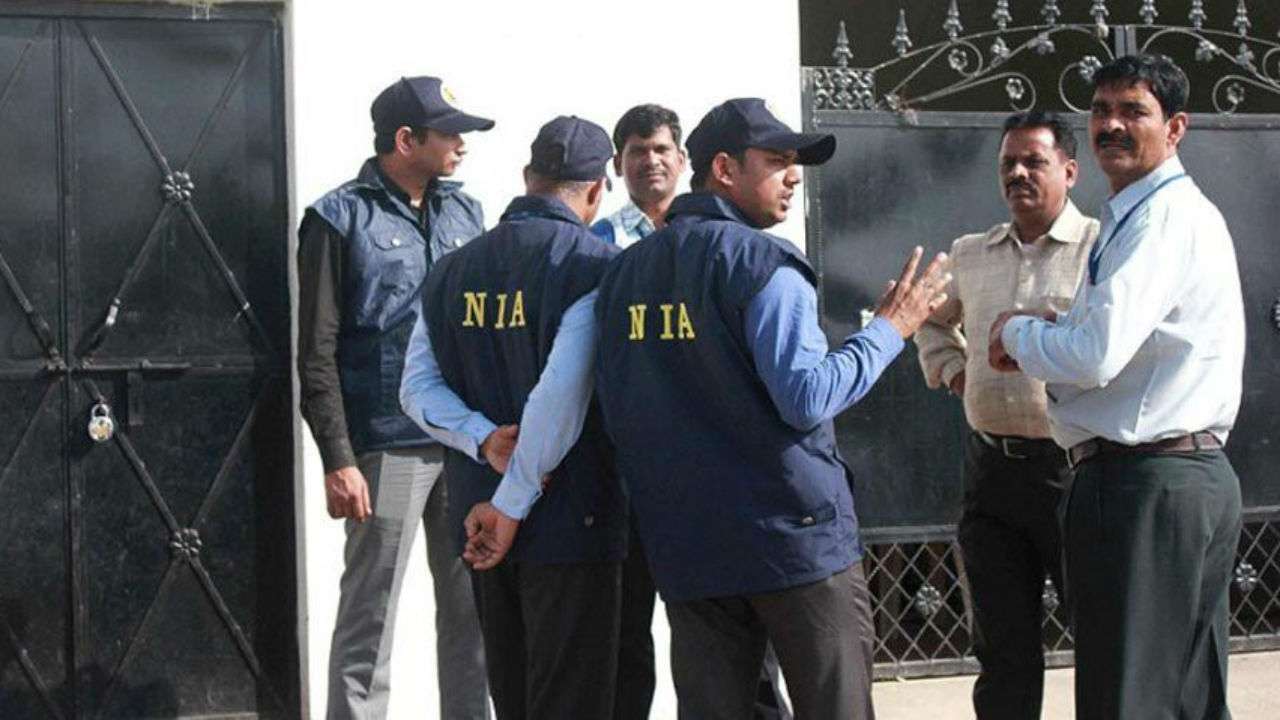
It is good that India’s security agencies, led by the National Investigation Agency (NIA), are taking precautionary measures to nip the Islamic State of Iraq and Syria (ISIS) trouble in the bud. The NIA carried out raids at three places in Kerala on Sunday in connection with a case pertaining to youth from the state joining ISIS. It has detained three persons for their alleged connections with the ISIS Kasaragod module. According to sleuths, some terrorists who carried out the suicide attacks in Sri Lanka had visited India to meet fellow ISIS activists here.
During the raids, NIA officials seized diaries with handwritten notes in Arabic and Malayalam, DVDs of Zakir Naik, besides untitled DVDs and digital devices, including cellphones. The agency has also recovered compact discs of religious speeches. Apparently, one of three suspected ISIS members apprehended has been identified as Riyas Abu Bakar. He was in touch with Abdul Rashid Abdulla, leader of the group of Keralites that travelled to Afghanistan to join ISIS in 2016.
India’s intelligence services are said to have alerted Sri Lankan officials at least three times on April 4, April 11, and two hours before the blasts on April 21. Very specific information regarding churches to be targeted was shared on the basis of information allegedly obtained from an ISIS suspect arrested in Hyderabad by the NIA. Unfortunately, the Sri Lankan authorities did not act on these inputs. The bombings in Sri Lanka show that the threat from ISIS is very real and at India’s doorsteps. Young Indians, particularly from Kerala, Karnataka, Hyderabad and Tamil Nadu being attracted to the ISIS, has been reported. Monitoring of cyber space in real time is also needed, so that it is not misused for radicalisation.